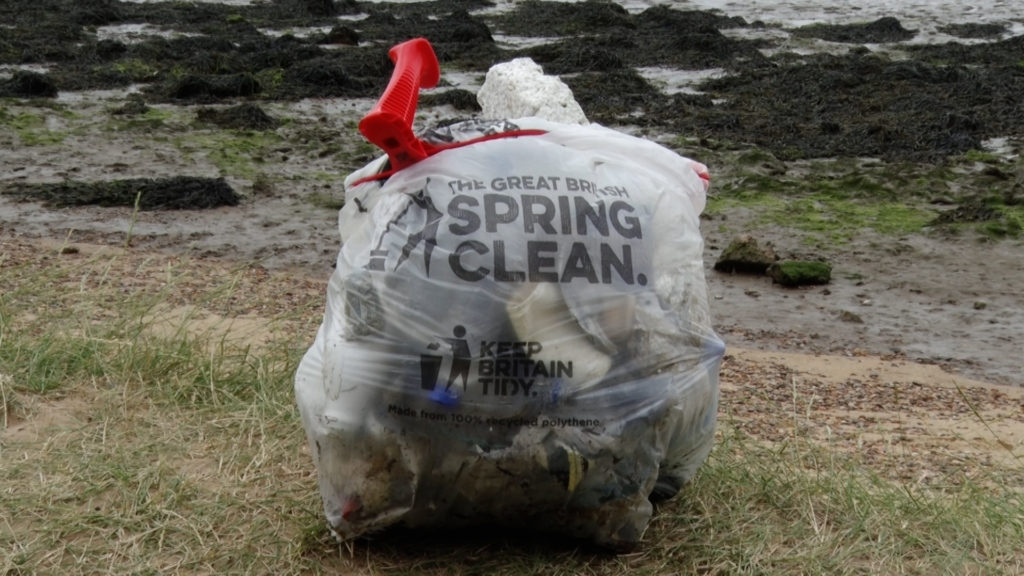Has covid set us back in our battle to tackle littering? It’s a good question.
Littering is not a new problem, nor will it be completely fixed. Littering offers up a mirror to our society and how we treat the world that we live in.
Why has littering been made worse by the pandemic?
First, we are using more single-use plastics. PPE products, whether that’s masks, gloves, or anti-bacterial gel containers, are being mass-produced and finding their way into our streets and other outdoor spaces.


Second, there are considerably more people exploring our outdoor spaces. Our countryside, parks and beaches have become an essential escape, and a tonic for people’s mental wellbeing during the pandemic. Moreover, the rise in staycations has put our beauty spots under considerable strain, unable to cope with a high concentration of visitors.
Lastly, people’s behaviours have been altered by the pandemic. The celebrations at restrictions being stripped back in summer 2020, caused authorities to clear an additional 60 tonnes of litter from their parks. Put simply, there is a disconnect between people’s concern for clean public spaces and their actions in contributing to the problem.
To understand the problem better, it was essential to talk to someone at ground level who was involved in the litter-picking community. Jason Alexander is the founder of Rubbish Walks, a social enterprise in Suffolk that raises awareness and tackles the underlying issues of litter and waste.
It became apparent during one of Jason’s litter picks just how much litter there is in our green spaces and coastal regions.
When asked how the pandemic had affected things, Jason said: “There was an absolute explosion [of litter] when the pandemic hit”.
The damage that littering has on wildlife cannot be understated. Almost all of the plastic waste we dump in our oceans and countryside each year are non-biodegradable, breaking down into microplastics (fragments of plastic less than 5mm in length).
The Wildlife Trusts CEO Craig Bennett says that the long-term effects of microplastics is not fully understood, but “is a real concern”. Read more of Craig’s thoughts about why Covid-19 demonstrates we’re taking nature for granted.
So, what are the solutions? One key proposal in the works is a deposit return scheme for drinks containers. The scheme has been fraught with controversy over its potential impact on the recycling industry, who fear they miss out on higher value items that fund the recycling economy.
However, Allison Ogden-Newton, Keep Britain Tidy’s CEO, says the deposit return scheme is “low-hanging fruit” and that “we have to make better choices”.
In many ways, we should look at litter and our relationship with waste in the same way that we look at coronavirus. Both are pandemics, that left unchecked will spiral out of control. If you think that’s being dramatic, think again. The UN calculates that 5% of greenhouse gases are attributed to solid waste.
Check out our animation on why fighting the plastic pandemic will be more important than ever in the coming months and years.
As we return to a degree of normality over the coming months, letting our old habits creep back in would be a grave mistake. The pandemic should’ve been seen as a golden opportunity to make vital changes to our relationship with waste. Instead, we are at serious risk of taking a major step backwards in our fight against the plastic menace.












